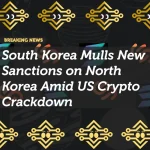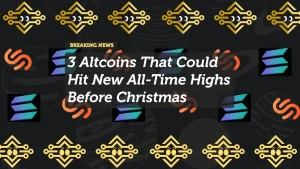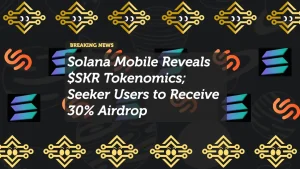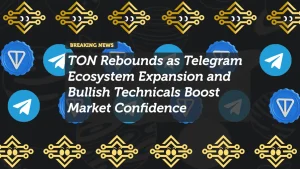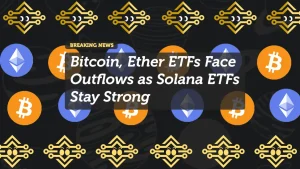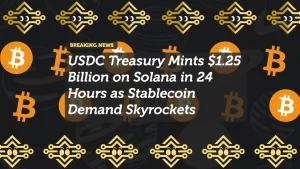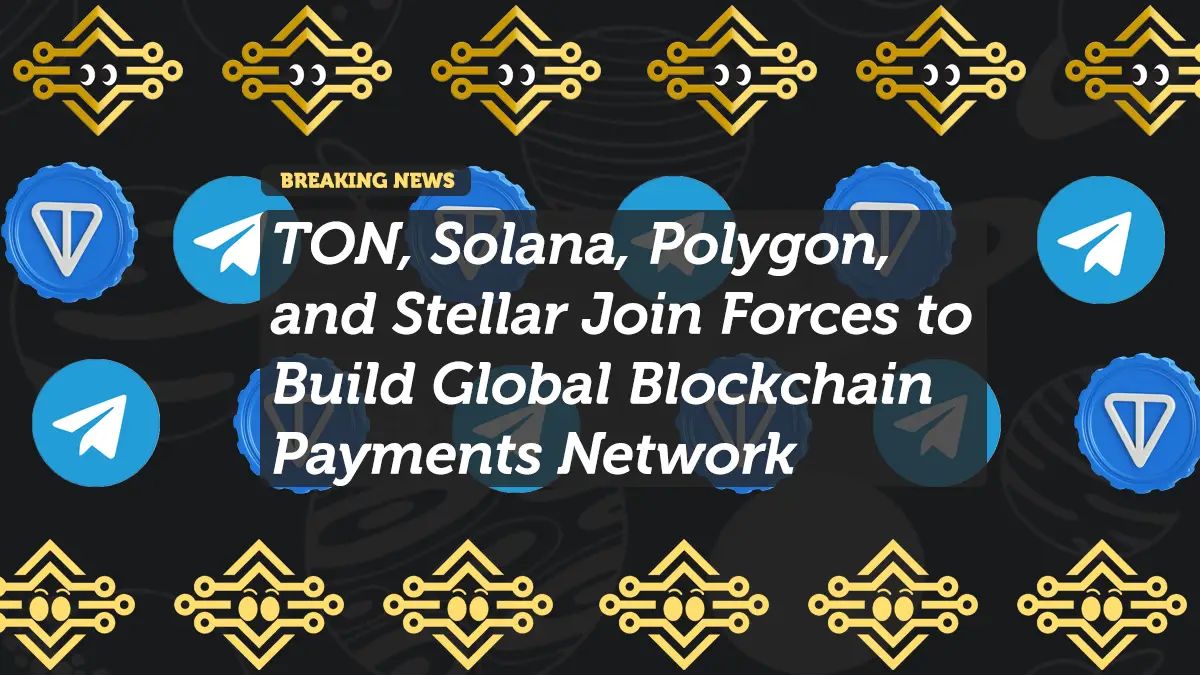
TON, Solana, Polygon, and Stellar Join Forces to Build Global Blockchain Payments Network
A historic partnership has taken shape in the world of blockchain and digital finance: The Open Network (TON), Solana Foundation, Polygon Labs, and the Stellar Development Foundation (SDF) have officially formed the Blockchain Payments Consortium (BPC) — a cooperative framework aimed at standardizing cross-chain payments and advancing blockchain interoperability for global settlements.
The announcement was made at the Global Digital Finance Forum in Geneva, where executives from all four networks emphasized that blockchain technology must evolve from isolated ecosystems into a unified, interoperable infrastructure for global payments.
“This isn’t about competing for users — it’s about creating a shared standard for blockchain-based money movement,”
said Rachel Franco, Polygon Labs’ Head of Payments Strategy.
“Together, we can scale crypto payments to billions.”
Mission: A Common Framework for Real-World Crypto Payments
The Blockchain Payments Consortium will initially focus on three key areas:
- Cross-Chain Payment Standards — establishing open protocols that allow stablecoins and CBDCs to move seamlessly across TON, Solana, Polygon, and Stellar.
- Merchant Onboarding Infrastructure — developing APIs and SDKs that simplify blockchain payments integration for global retailers, fintechs, and super-apps.
- Regulatory-Compliant Settlement Layers — creating tools that help businesses meet compliance standards while using on-chain assets for settlements.
Each chain brings unique strengths to the table:
- TON provides access to Telegram’s massive ecosystem of 900M+ users.
- Solana contributes unmatched speed and low-cost scalability.
- Polygon offers deep Ethereum compatibility and institutional integrations.
- Stellar adds a decade of experience in regulated cross-border payments.
“We envision billions of transactions per day happening seamlessly across blockchains — invisible to the user but fully auditable and compliant,”
said Denelle Dixon, CEO of the Stellar Development Foundation.
The Technical Blueprint: Open Interoperability Layer
The consortium’s first major deliverable, slated for Q1 2026, is the Open Payments Layer (OPL) — a shared interoperability protocol designed to allow instant, atomic swaps between supported networks.
This will enable users to send a payment from a TON wallet to a Solana-based merchant or transfer USDC from Polygon to a Stellar settlement account in seconds.The OPL framework is being built in collaboration with LayerZero Labs and Chainlink CCIP, leveraging cross-chain messaging standards already in production.
The ultimate goal is to create an ISO 20022-compatible bridge between blockchain and traditional finance rails.
Institutional and Merchant Participation
Major payment processors — including Stripe, Checkout.com, and Revolut — are reportedly in early talks to pilot the BPC’s shared infrastructure, according to insiders familiar with the project.
Several Asian and European banks have also expressed interest in testing the consortium’s payment rails for stablecoin remittances and tokenized asset settlements.
“The consortium could become the ‘SWIFT moment’ for blockchain,”
said Nobuo Ishikawa, Managing Director at Tokyo Digital Asset Group.
“It’s the first serious attempt at a unified Web3 settlement layer.”
Regulatory Cooperation and Global Ambition
The consortium plans to establish a Regulatory Advisory Council, bringing together experts from the FATF, European Central Bank, and Monetary Authority of Singapore to ensure compliance and harmonization across jurisdictions.
The group also aims to advocate for international blockchain payment standards, contributing to ISO and G20 policy frameworks on digital assets and real-time settlement networks.
By Q4 2026, the Blockchain Payments Consortium aims to expand membership to include 20 additional networks, payment providers, and DeFi protocols, forming what insiders are calling the “Open Payments Alliance.”
The Bigger Picture: Web3’s Financial Operating System
The collaboration between TON, Solana, Polygon, and Stellar signals the end of blockchain silos and the start of an interoperable payments era.
By combining network speed, global reach, and regulatory credibility, the consortium could set a new standard for how value moves across blockchains — and across borders.“This is how Web3 goes mainstream,”
said Anatoly Yakovenko, co-founder of Solana.
“Payments that are as fast as swiping a card — but powered by the blockchain.”










